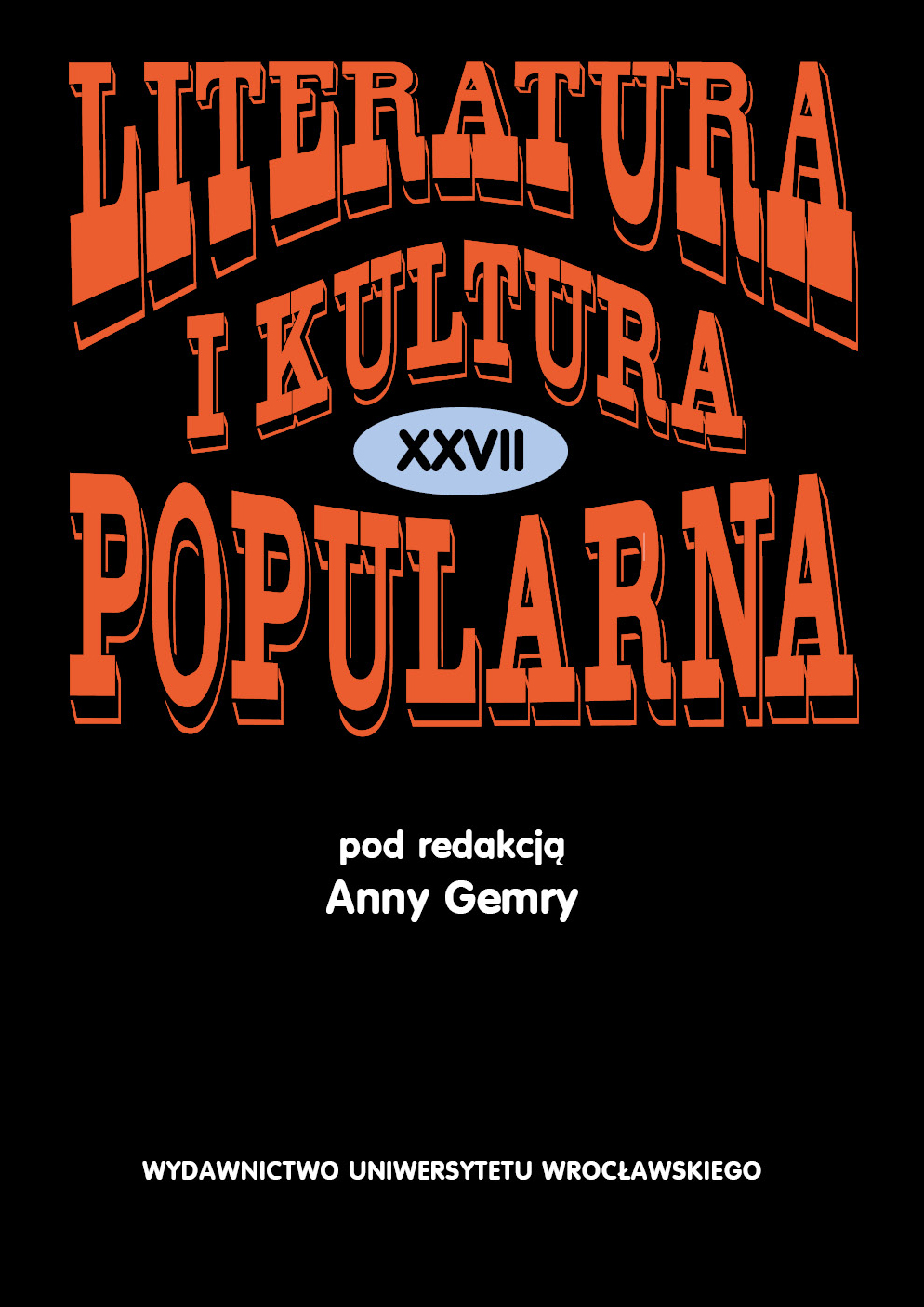

Artykuły

The paper analyses the role of music in Dickens’ last, unfinished novel and its relation to the criminal puzzle which — for obvious reason — was left unsolved. Contrary to the traditional cultural associations (harmony, beauty, order), music in The Mystery of Edwin Drood is related to darkness, which shrouds the places where it is performed (the cathedral, Jasper’s room); it also functions as the background of various disharmonies (physical indisposition, quarrel, signs of hatred, fear). The theme of the only two religious songs that are referred to is sin and wickedness. On the one hand, considering the fact that music is John Jasper’s domain, the discordance not only functions as an “ethical metaphor” and externalization of the man’s character, but also points to him as the murderer of his nephew. On the other hand, the aforementioned songs foreground the motif of repentance or turning away from sin, which undermines the ostensibly obvious conclusions concerning Jasper’s guilt.
Similarly to the detective novel of the (much later) Golden Age period, the hints prompting the puzzle’s solution are provided here, though they are not univocal, leaving a shadow of doubt as to the guilt of the most obvious suspect. Yet, contrary to the genre conventions, the clues appear mainly on the implied level of communication, available to the implied reader deciphering textual patterns and not merely “observing” the presented reality.